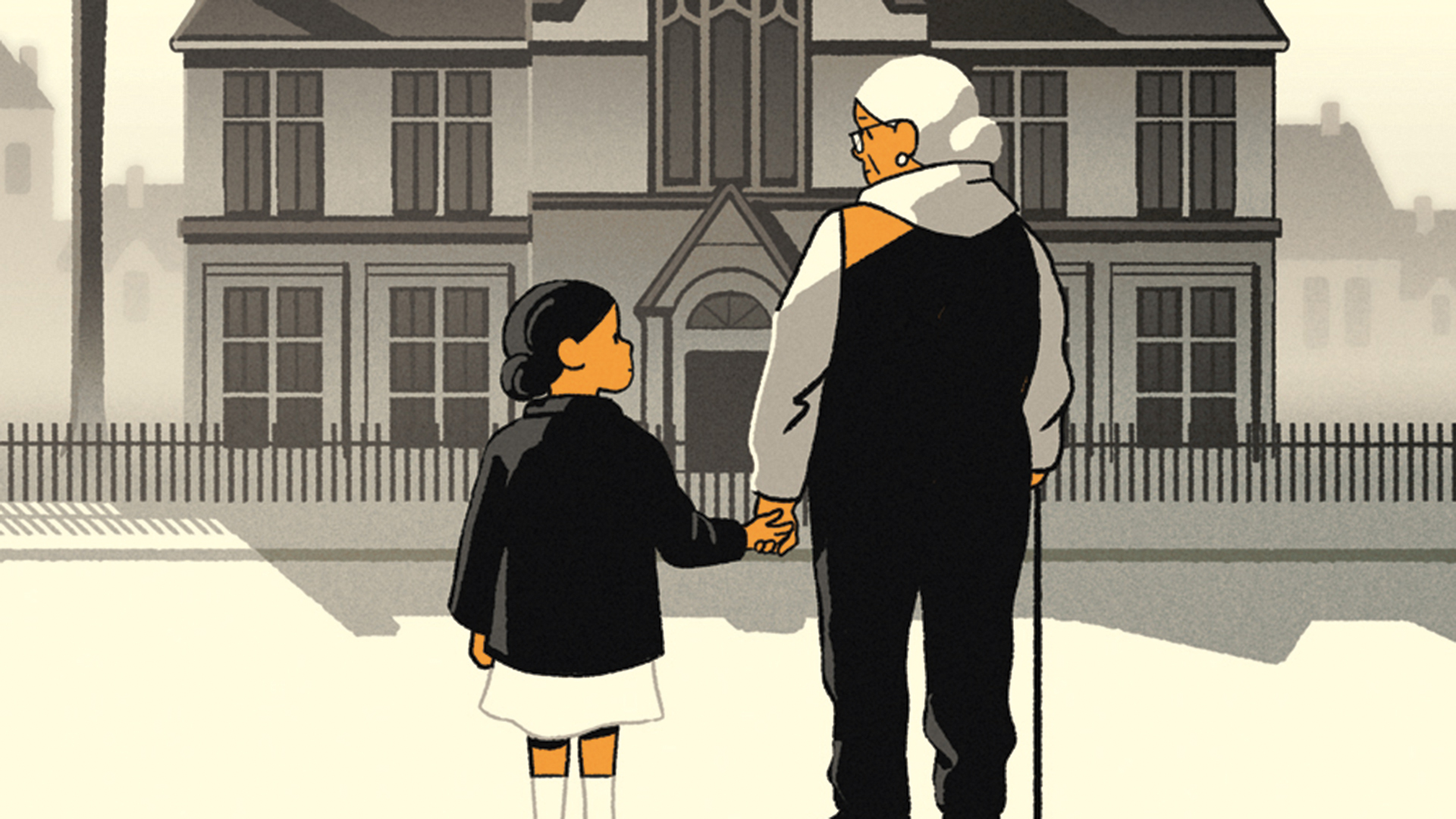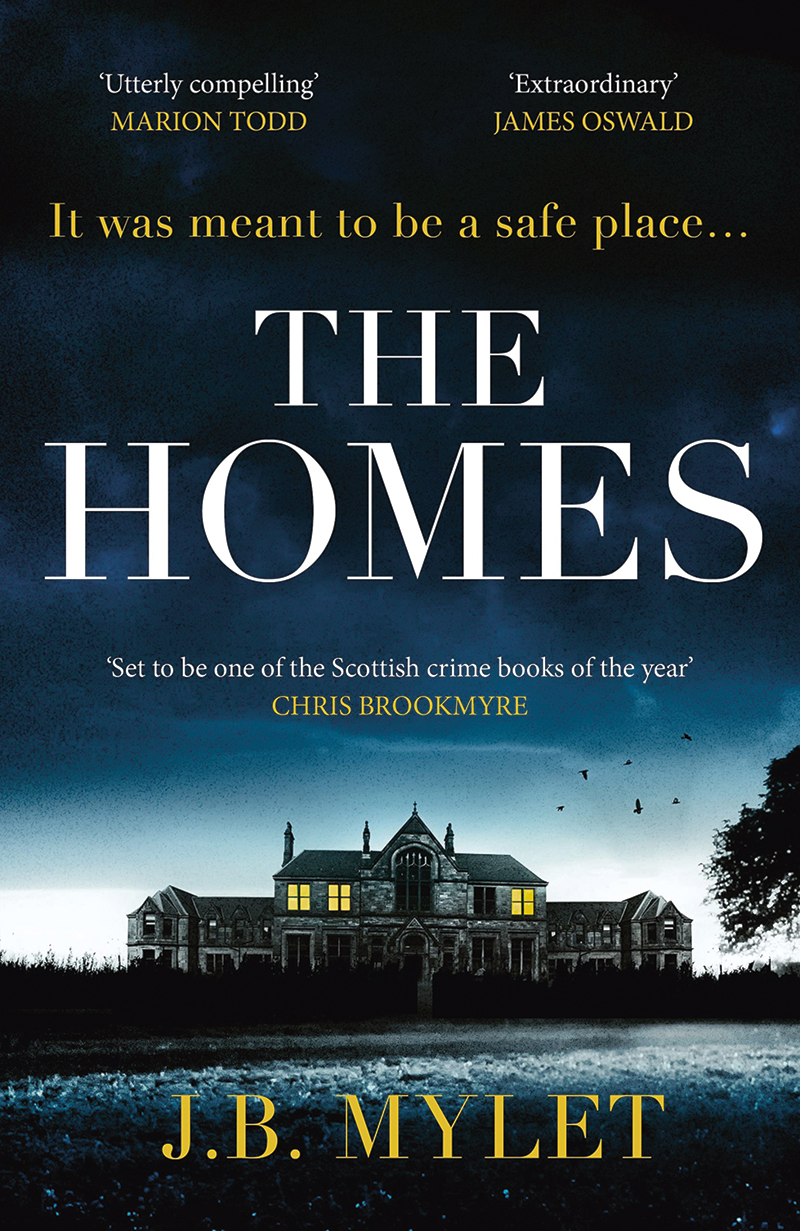How well do you know your parents? Not the people they became once they were parents, but the people they were before that, and when they were children themselves. I started really thinking about that when writing my book The Homes. I was 21 years old and my father had suddenly died, so I moved back home to be with my mum, who was 48. It was a time of much heartbreak and sadness, but it was also a time when I really got to know my mother.
We talked a lot about many things, including her life when she was younger. We didn’t have grandparents on her side – we were never told why, and we weren’t inquisitive enough to ask any further.
My mum had grown up in an orphan’s village called the Quarriers Homes in Bridge of Weir, Scotland (about 10 miles west of Glasgow). She had been given up when she was three weeks old. The Quarrier’s was a man-made village set up by William Quarrier in the 1870s to help with the problem of children living on the streets of Glasgow. At any one time up to 1,000 children would live in one of the 40 cottages within the village. The village also had a school, a church, shops and a hospital. My mum had gone there in the ’50s, and up until the age of six she thought all children lived the same way. She never knew that most lived with their parents and she had never met any.
She told me stories about the village. And when her friend Morag Jones, who had also been in the homes, came down to stay with us, they would talk about their time there, the good and some of the many bad things that had happened. In each other’s company they also regressed to behaving like the two friends they had been all their lives, rather than the parents I knew them as, and I saw a whole new side to my mum.
I wanted to tell a story set in the Homes as it sounded such a unique place. I felt not enough people knew about it, and that the generation who had lived there was dying out. I also wanted to reflect the amazing courage and determination of those children, especially my mum, to get through each day when you only had yourself and your friend to get you through. Although the Homes were set up with the best of intentions, there was some appalling treatment of children in those places. As the tagline of the book says, there were some good people there but there were also some very bad ones.
The story I wrote begins in 1963 when two girls are killed and the Homes is in panic and disarray. But I wanted the book to be about more than a murder mystery. I wanted it to capture the fear, hope and
bravery of the people there in such testing circumstances. It took me seven years to get the book right. I interviewed my mum extensively along the way to make sure the details and phrases I used were correct. The person who ran the entire village was called the Superintendent; the people who ran the cottages were the House Mother and House Father, along with a cook.










